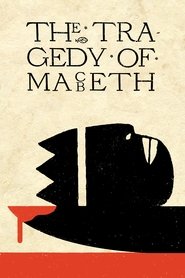
The Tragedy of Macbeth Review: An Ambitious Shakespearean Adaptation That Abandons its Audiences
The Tragedy Of Macbeth Review: William Shakespeare, the English playwright, had such an impact on both the literary and theatrical mediums that his stories have taken on many different shapes and forms over the years. His dramatic and tragic rendition of Macbeth alone has been performed in over 25 languages, each with a completely different reiteration of the original. These adaptations have not only made the storey more culturally acceptable, but they have also leveraged the enormous political and humane crux at its heart to demonstrate that its evergreen nature would never die.
From director J. Stuart Blackton’s 1908 Macbeth to Dileesh Pothan’s Malayalam film ‘JOJI,’ the traditional text has been completely reimagined. As a result, it’s surprising that Joel Coen’s “The Tragedy of Macbeth” fails to revive the text and give it a more urgent and contemporary presentation. Instead, it pares it down to the fundamentals and using Shakespeare’s own words to convey a ‘terribly nasty’ storey.
For those who are inexperienced or blissfully oblivious, The Tragedy of Macbeth is about a valiant Scottish general named Macbeth (played by Denzel Washington) who meets the notorious ‘three witches’ on his road to triumph over the joint forces of Norway and Finland. The three sisters appear evil, and their forecasts, strange and shocking as they are, plant something inside Macbeth’s mind and soul. They anticipate that the general will soon become Thane of Cawdor, and eventually King.
He is also joined by his sergeant Banquo (Bertie Carvel), who tells him not to listen to the witches and to go greet the king with a triumphant face. When Macbeth meets his king Duncan (played by Brendan Gleeson), he is so irritated that he names his worthless son Malcolm (Harry Melling) as his heir. Meanwhile, Lady Macbeth (Frances McDormand) senses Macbeth’s discomfort and, after contemplating the witches’ forecasts, tries to coerce him to carry out the next steps himself. Macbeth, who had developed an ambitious trance within himself, grows greedy and decides to assassinate the king.
What follows is a politically motivated act of treason, which leads to insanity and psychosis. A sequence of dark and sad occurrences occur, forcing Macbeth to face the demons that reside inside his psyche. His own mortality is called into doubt to the point of pure, irreversible craziness and anarchy.
In terms of the film itself, it is Joel Coen’s first solo directorial effort. Joel Coen, one half of the infamous Coen Brothers, has been responsible for countless sagas that examine existential and moral quandaries in a sophisticated, profoundly dark way. The Coens’ wit in their work genuinely elevates them to the ranks of the best and most legendary directors in American cinema.
Joel Coen’s “The Tragedy of Macbeth” takes a darker and more dismal perspective to Shakespeare’s tragedy. Coen attempts to make his storey feel like an act of theatre aimed to elicit an immediate response by filming it almost entirely on a studio. He combines German expressionism’s visual flare with Bergman’s concern with close-ups. The foggy and cold-blooded ghost storey he films (with tremendous assistance from Cinematographer Bruno Delbonnel) is out to push the monster out of you. However, it only left me with a feeling of tremendous tiredness. It doesn’t move a single hair on your body, and all of your aesthetic style is wasted.
That is not to say that the picture is without worth. Denzel Washington and Frances McDormand are both excellent in their parts. Washington, in particular, is breathtaking. His Macbeth is an older, more delicate take on the role, and while the picture feels rushed towards its inevitable bloodthirst, he gives it a feeling of purpose. Lady Macbeth, like the original text, isn’t allowed much freedom to be a supreme catalyst to the whole narrative, despite McDormand’s best efforts.
The fact that Coen provides no fresh insights into Shakespeare’s storey renders its existence redundant and worthless. It certainly suits those seeking a more experimental take to the age-old subject, but the rich vocabulary (which I didn’t find to be a problem in the 2015 Macbeth) sort of abandons you as a viewer. Apart from the CGI rendition of the three witches seen in the film’s opening, “The Tragedy of Macbeth” offers nothing outstanding. It’s a stale, understated adaptation that doesn’t accomplish much to impress.
Genre: Drama, History, Movie Reviews, Thriller
Director: Joel Coen
Actors: Alex Hassell, Bertie Carvel, Brendan Gleeson, Corey Hawkins, Denzel Washington, Frances McDormand, Harry Melling
Country: United States
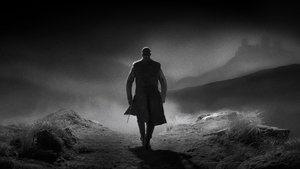

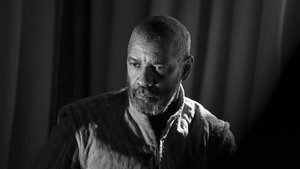




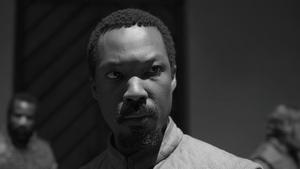



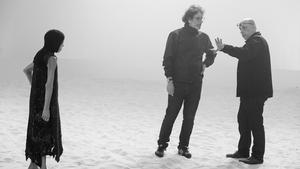









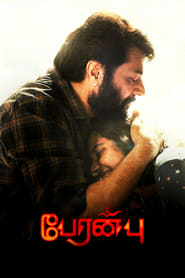

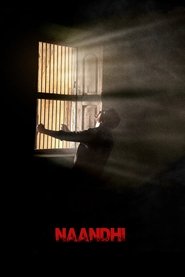




Leave a Reply
You must be logged in to post a comment.